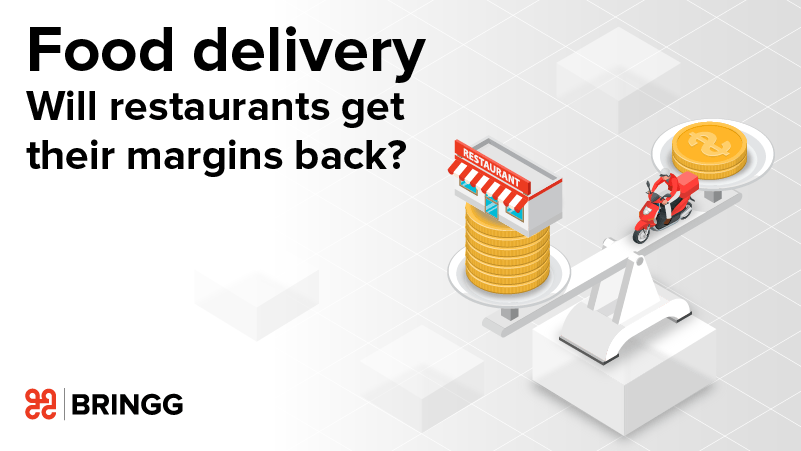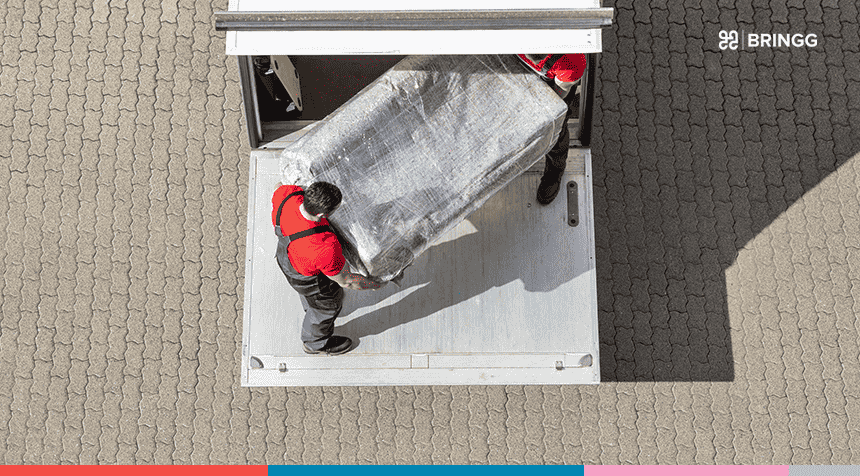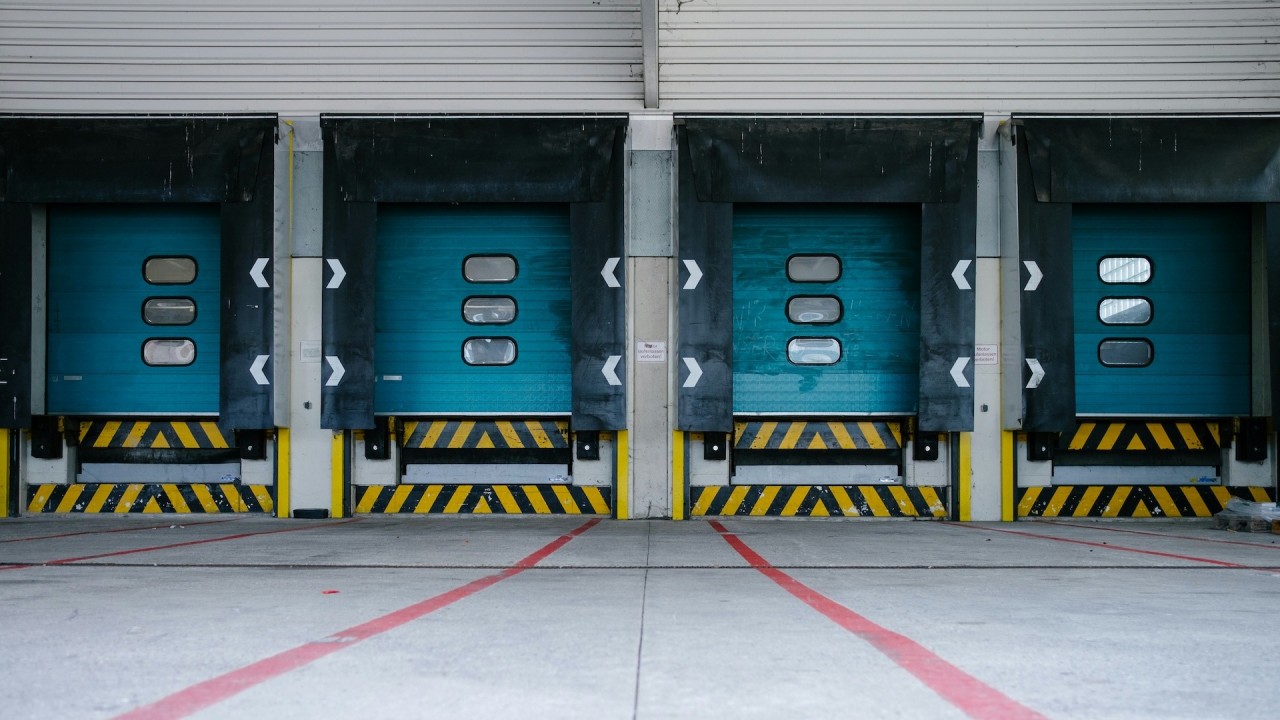Sustainability in the food business has been a hot topic these last few years.
The rise of companies like Doordash, Grubhub, Postmates and Uber Eats have drastically changed the way we order and eat. They have also drastically changed the business models in which restaurants work. On the one hand, these 3rd party providers have enabled food chains to quickly achieve food delivery at scale. While, on the other hand, food delivery providers have fueled their success by significantly cutting into restaurant margins.
Is this a win-win game? Maybe not. In an interview on CNBC, Domino’s CEO, Ritch Allison believes this ever-growing model isn’t sustainable.
Domino’s U.S. business has faced pressure from third-party delivery apps such as GrubHub and UberEats, which offer other fast-food competitors such as McDonald’s the opportunity to have their food delivered to customers. Such apps are able to lure customers through free delivery and other discounts, which Ritch Allison has said is not sustainable.
To sustain their businesses, restaurants must ask themselves, how can we take advantage of the fastest-growing part of our business when our profit margins go directly to the 3rd party delivery providers?
In New York, restaurants might already have an answer.
According to an article in the NY Post, New York is taking the problem seriously. Deciding to address the challenge now rather than wait for “27,000 restaurants to be destroyed”, the city has proposed new legislation. The six-bill package aims at reducing the fees food delivery apps can charge city restaurants to 10 percent, down from as much as 30 percent.
“This is not about destroying an industry or fighting against technology,” Gjonaj said. “We are not being heavy-handed. But we should get ahead of things and not wait for 27,000 restaurants to be destroyed before we act.”
What would this legislation mean to the industry stakeholders if these bills would pass and extend nationwide?
First, restaurants will increase their margins and have even more incentive to outsource ordering and deliveries.
The remaining risk will be regarding customer data which has now transitioned to the 3rd parties. In the long run, the wide access to guests behavior will give 3rd parties the ability to perfect the art of virtual restaurants and become serious competition to leading food chains.
Next, 3rd party delivery providers, heavily backed by VCs, will see their margin drop significantly while volumes may increase.
Will this be sufficient to maintain their business model? Some of these players already suffer in the food delivery war, such as Grubhub, whose stock sank by 40% as described on CNN.
Then we have customers. Will customers have to flip the bill? According to the NY Times, customers are already paying up to 91% more for the price of a meal delivered at home compared to what it would have cost in the restaurant itself.
In the end, the new proposed legislation may deliver one certainty – restaurants will have the chance to gain back control over their operation and delivery business while maintaining a higher level of sustainability.
Looking forward to seeing the reaction of other cities to the Big Apple move.



